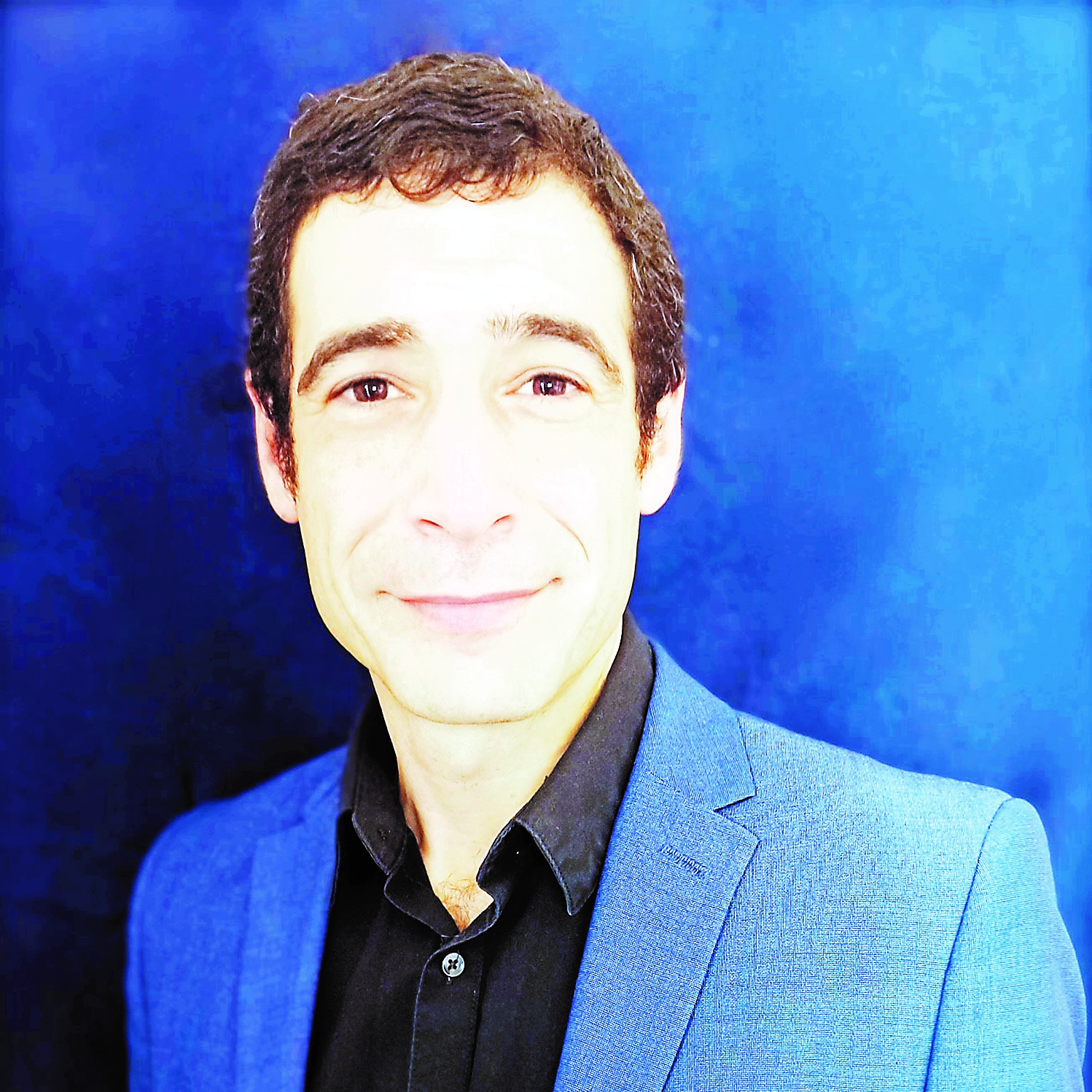
SA

Religion in camps about survival, not the sublime
MOIRA SCHNEIDER
One doesn’t imagine what people thought about during Pesach while in concentration camps – or if they even remembered.
Deutsch, the desk head of international seminars in English at the International School for Holocaust Studies, Yad Vashem, conducted a webinar – a scheduled event at the Cape Town Holocaust & Genocide Centre that was cancelled due to coronavirus – to address this.
He spoke of Rinah Fradkin, who described her experience of Passover in the camps. When it came to the bitter herbs for the seder, she reasoned that the inmates didn’t need a symbol, their reality was far greater.
“We didn’t need it – the camp itself was the bitter herbs. It was like Egypt, the plagues were the same,” she said.
“We were the recipients – we had lice, skin disease, and the death of our firstborn.”
“In fact, she felt that the divine was against her, and compared herself to the Egyptians,” Deutsch said.
Leah Zonensayn discussed whether one should bless the bread on Pesach. Of course they ate bread over Pesach as they had to survive – there wasn’t enough matzah, she said.
The chief rabbi of Rotterdam insisted they had to bless the bread, but she argued with him. The rabbi said the conditions were different – the goal was to survive, and “we bless even what is considered a sin”.
“It’s sanctification of survival, and the bread represents that,” said Deutsch.
“We have read rabbinical accounts of what religious observance meant in those conditions,” he said, but he uncovered different patterns of religious observance in his own research.
He intends to incorporate the accounts of “simple believers”, what the search for the divine meant to them, and what being an observant Jew in the camps was like, saying it was a “fundamentally different” experience.
Deutsch said that a mere 20% of research included oral testimony, but this had been “mostly marginalised”.
Jewish observance in the camps, judging by the written testimonies and Deutsch, was due to survival, a sense of self, a tool of individual expression, a form of defiance, or a struggle for normality. Jewish observance was generally seen as a positive thing assisting survival.
Professor Yaffa Eliach, who has incorporated informal testimony into her account, speaks of the continuity paradigm in trying to explain the phenomenon.
“Many prisoners had lost family and friends, and these few moments separate them from the twisted reality that surrounds them,” she said. “It created a link between past and future, providing a sense of Jewish continuity and hope as a constant element in a collapsing world.”
Said Deutsch, “This is where research stands now, but if you shift to oral testimony, you see a whole different story, with many across all streams describing their observance as non-existent.”
In Erno Abelesz’s testimony, he said that in the camps he didn’t think of anything spiritual. “If I had, I would have electrocuted myself.”
Deutsch maintains “the conscious decision to step away was a survival tool”, and that, in contrast to Eliach’s theory, Jewish observance didn’t always serve as a positive tool. “When he saw his brothers standing in queues to put on tefillin [phylacteries], Abelesz admired them, but for him, it wasn’t only ineffective, but deleterious.
“He says he made a conscious decision not to think of anything spiritual. If he would have, he would have understood where he was at, and wouldn’t have survived. Thinking of anything beyond survival would have endangered him,” said Deutsch. In Abelesz’s words, “Everything else was subordinate to that.
“Thinking of anything spiritual would have made him fall into despair,” said Deutsch.
As Abelesz said, “Just think of yourself as an animal: your duty isn’t to be taken to the slaughterhouse and to get as much food as you can. I think it was the right decision.”
Another testimony Deutsch cited was from Nili Kokhva who found a prayer book in the camps – an everyday one, not for the holidays. “She told the others it was the right prayer book,” said Deutsch. “She was happy because they got some form of hope.
“The main thing is that they believed it helped,” he said. “For her, it was important that people would cry, because they gathered strength, thereby increasing their chance of survival. They were able to accomplish that on Yom Kippur.”
This, he pointed out, was diametrically opposed to Abelesz’s attitude.
Bluma Efrati also had the incorrect prayer book for Rosh Hashanah, swopped for a slice of bread. When asked why she prayed in spite of this, she said that it made her happy.
“G-d didn’t ask it of us – He was minding His own business,” she said.
Deutsch noted that there is a general pattern in the oral testimonies, one of which is diversity. Another is deglorification of the act – many prayers don’t discuss the will to be saved, but rather the will to die.
Deutsch interprets Salomon Carlebach as saying that the majority of the religious acts in the camps weren’t acts of heroism, they were meagre and small, relevant to conditions.
“We see in the oral testimony how the search for the divine was used in diverse ways by camp prisoners,” Deutsch said. “They adapted their religious understanding to their conditions, and worked with what they had.
“Few did what they did in an attempt to sanctify something sublime. Their considerations relate not to preserving the faith, but to considerations of survival and normalcy.”




